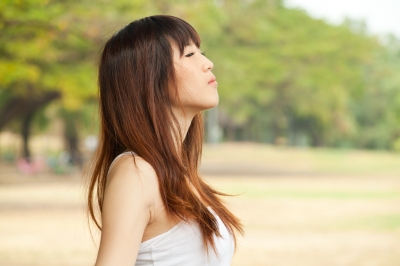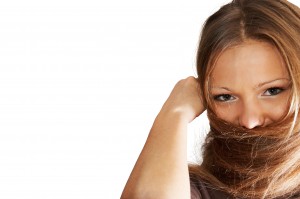 When it comes to facing the classic symptoms of aging, struggling with hair loss may be the most emotionally challenging.
When it comes to facing the classic symptoms of aging, struggling with hair loss may be the most emotionally challenging.
According to Statistics Brain, over 35 million men across the United States are currently experiencing unsightly hair loss. But contrary to popular belief, it’s not necessarily a single-gender trend. Nearly 21 million women are battling a thinning scalp as well.
Although hair loss can be caused by a multitude of health, environmental or genetic factors, the embarrassment and decreased feelings of attractiveness tend to be true for almost all sufferers. But while thinning strands may be an inevitable obstacle of aging, there are still a few ways to combat the loss.
While the plant has yet to win the same recognition as prescription medications in the cosmetic industry, aloe vera for hair growth is beginning to gain some traction as a natural remedy. Although it’s not necessarily a cure-all for the problematic aging predicament, aloe vera for hair growth is certainly a worthwhile remedy to look into.
Reasons to Consider Using Aloe Vera for Hair Growth
Although the emotional scars inflicted by alopecia can slice deep, there are several culprits for experiencing a thinning scalp.
Temporary hair loss, while initially jarring, is typically the easiest to cure. This can be triggered by childbirth (as your nutrient reserves are being funneled towards a developing fetus), a high fever, or an intense period of stress. Although it’s somewhat of an annoyance, hair in a healthy individual will usually regenerate itself in time.
Chronic conditions, like cancer, arthritis, depression, high blood pressure or conventional aging, can be the most problematic instigators of hair loss. These conditions can leave tresses permanently thinned.
Not surprisingly, most people looking to combat the unsightly effects of a thinning scalp aren’t going at it alone. Every year, millions of Americans empty drugstore isles containing brand-name hair loss remedies. However, one of the oldest and most naturally effective forms of hair replenishment might be hiding from within your plant nursery: using aloe vera for hair growth.
According to University of Hawaii researchers, using aloe vera for hair growth can be traced back to the ancient Egyptians, who caught on to the miraculous healing and balancing properties of the spiky green plant.
Packed with replenishing enzymes and proteins, aloe vera provides all the necessary nutrients for strengthening lackluster strands. The enzymes help to remove dead skin cells on the surface of the scalp hindering hair growth, as well as deliver a proper pH level to the roots – a necessary component to growing hair.
How to Concoct Your Own Aloe Vera for Hair Growth Remedy
Although using aloe vera for hair growth is still considered a natural remedy, more than a few big name cosmetic companies have begun to bottle the plant’s essential nutrients into their emerging product lines. But in order to reap the benefits of aloe vera’s more than 20 hair-replenishing minerals, spending $50 on an aloe vera-infused product is hardly a requirement.
Here are a few easy-to-make recipes when using aloe vera for hair growth:
- Aloe Vera for Hair Growth Recipe #1: Mix one part honey with one part aloe vera. Apply to the scalp, and let sit for roughly 20 minutes. Rinse with warm water.
- Aloe Vera for Hair Growth Recipe #2: Mix ¼ cup of almond oil with ½ cup of aloe vera juice. Apply to scalp and leave for roughly 20 to 30 minutes.
- Aloe Vera for Hair Growth Recipe #3: Squeeze gel from the aloe vera plant directly and apply it to the scalp. Leave in hair for roughly 30 minutes. Repeat twice a month.
As much as using aloe vera for hair growth can be a highly beneficial method for combatting aging, it’s not necessarily a cure-all. A thinning scalp can often associated with a traumatic event or problematic health issue, so be sure to see your doctor if you begin to feel the effects of alopecia.
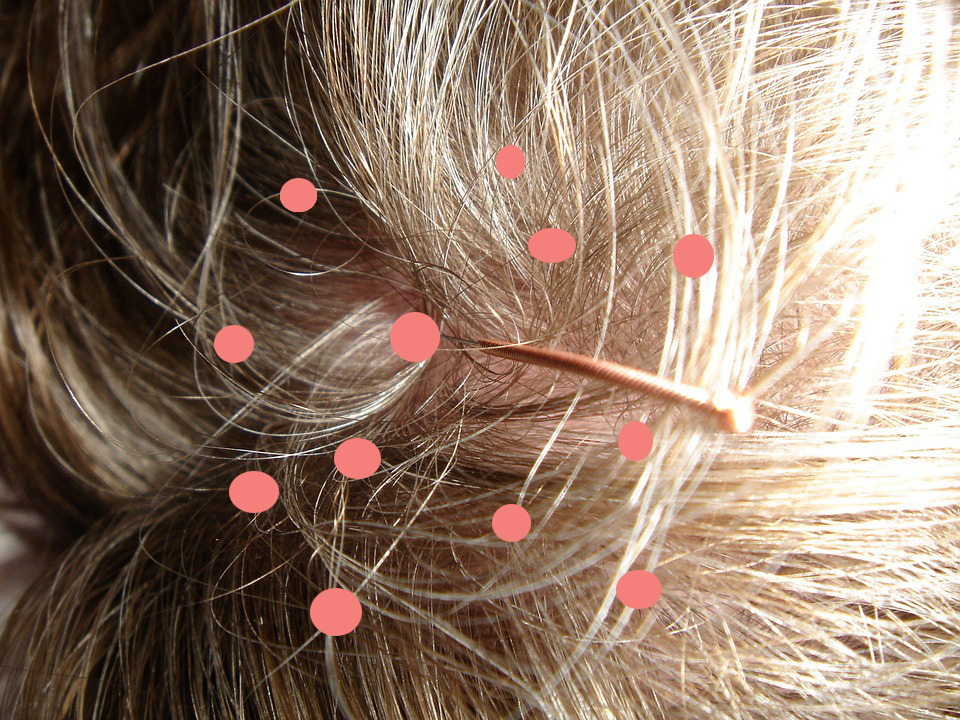
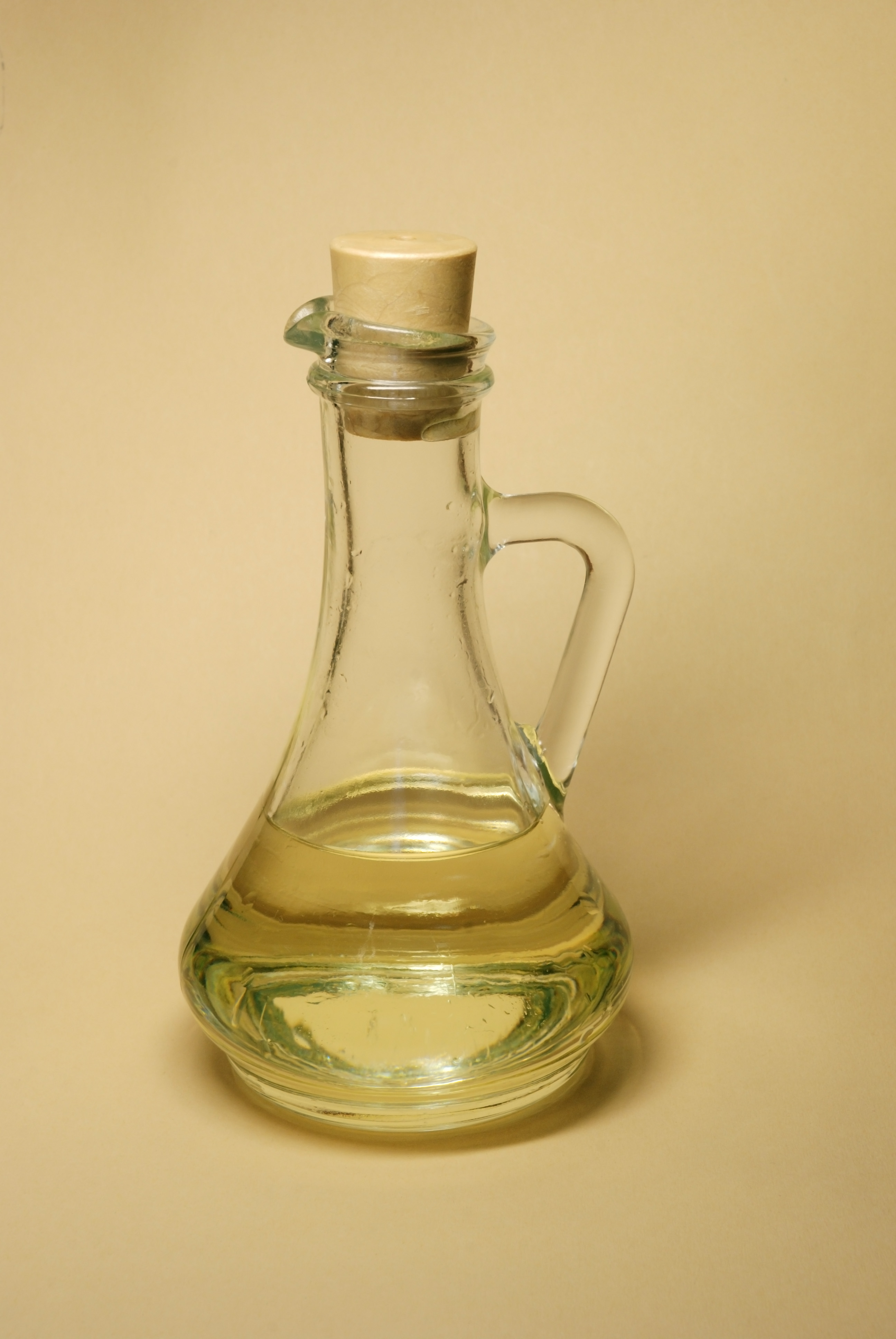
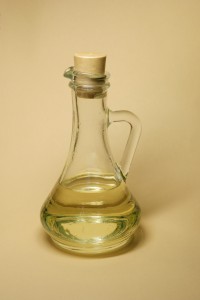 ing abuse on your locks, some of the negative effects associated with drying, damaged hair can be alleviated or reversed with the proper care. While drug store beauty isles and countless infomercials will advertise the latest hair-rejuvenating craze, there’s one kitchen remedy that’s been proven effective for infusing hydration for thousands of years: aloe vera oil for hair.
ing abuse on your locks, some of the negative effects associated with drying, damaged hair can be alleviated or reversed with the proper care. While drug store beauty isles and countless infomercials will advertise the latest hair-rejuvenating craze, there’s one kitchen remedy that’s been proven effective for infusing hydration for thousands of years: aloe vera oil for hair.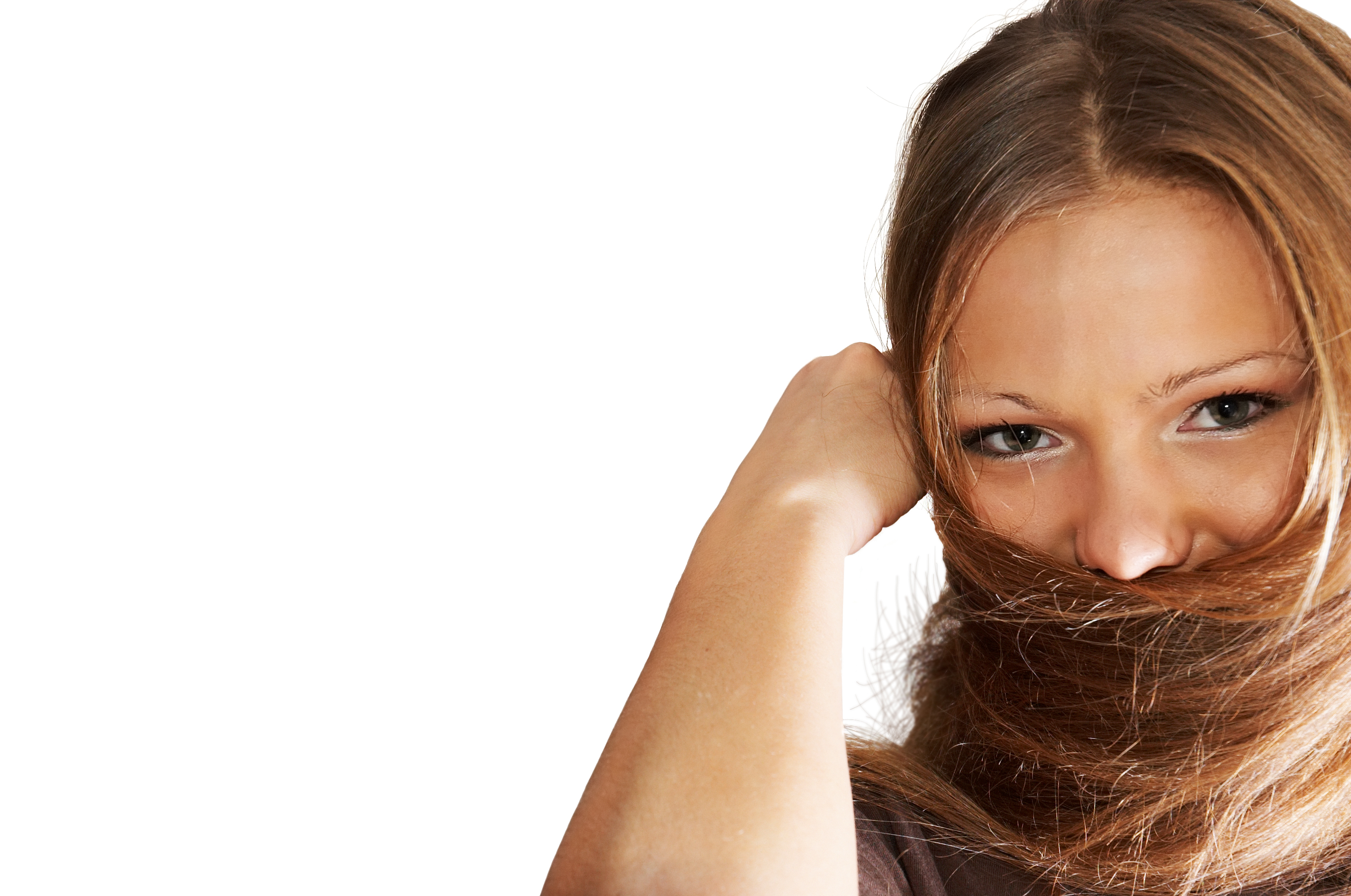
 When it comes to facing the classic symptoms of aging, struggling with hair loss may be the most emotionally challenging.
When it comes to facing the classic symptoms of aging, struggling with hair loss may be the most emotionally challenging.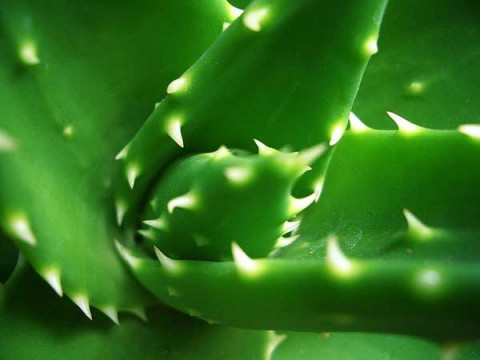
 Polygonum Multiflorum is Used to Recolor and Regrow Hair
Polygonum Multiflorum is Used to Recolor and Regrow Hair